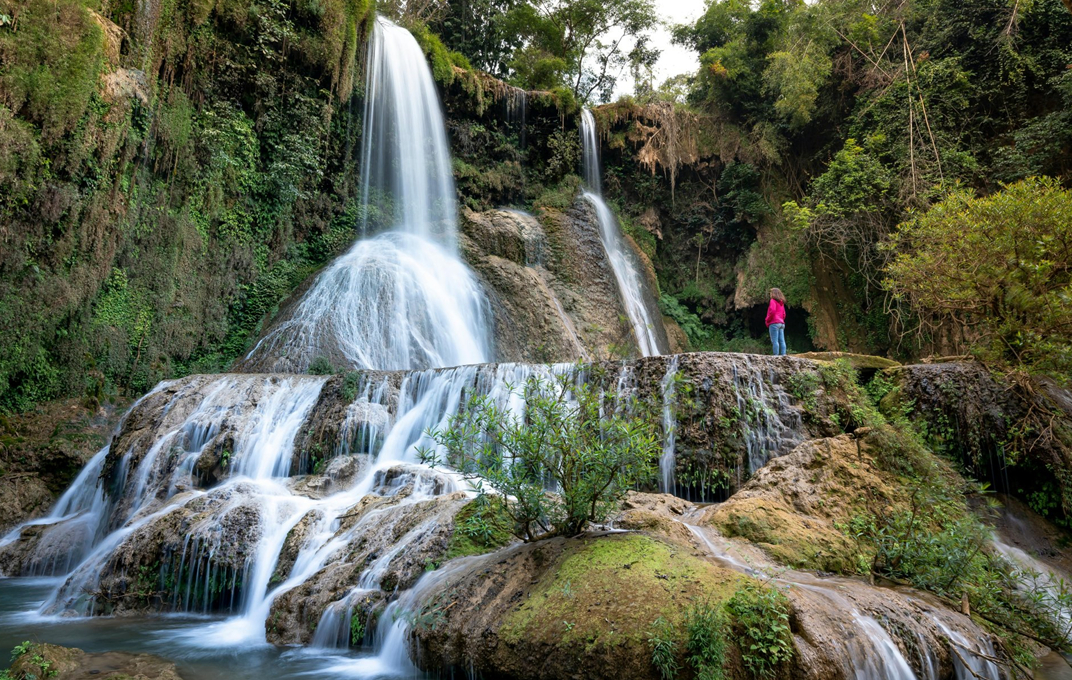One of the core principles of geotourism is the connection to the land. Travelers are encouraged to engage with the natural environment, learning about its geological formations, ecosystems, and biodiversity. This can involve guided hikes, nature walks, or visits to geological parks where visitors can witness the beauty and complexity of the earth’s landscapes. By understanding the geological significance of a place, travelers can develop a greater appreciation for its natural resources and the importance of conservation efforts.
In addition to environmental awareness, geotourism promotes cultural immersion. Engaging with local communities allows travelers to gain insights into traditional practices, customs, and lifestyles. This can include participating in local festivals, visiting artisan workshops, or sampling regional cuisine. By supporting local businesses and artisans, travelers contribute to the economic sustainability of the area while fostering cultural exchange. This interaction not only enriches the travel experience but also helps preserve local traditions and heritage.
Planning a geotourism trip requires careful consideration of the destination and its unique attributes. Researching locations that prioritize sustainable practices and community involvement is essential. Look for eco-friendly accommodations, local tour operators, and activities that minimize environmental impact. Many destinations now offer geotourism certifications, indicating their commitment to sustainable practices. Choosing these certified locations can enhance your experience while ensuring that your travel choices positively impact the environment and local communities.

Another essential aspect of geotourism is education. Travelers should seek opportunities to learn about the ecological and cultural significance of the places they visit. This can involve attending workshops, lectures, or guided tours led by knowledgeable locals. By gaining insights into the history and geology of a region, travelers can develop a more profound connection to the land and its people. This educational component can transform a typical vacation into a journey of discovery and understanding.
Travelers should also prioritize minimizing their carbon footprint while participating in geotourism. Choosing sustainable transportation options, such as public transit, biking, or walking, can significantly reduce environmental impact. Additionally, being mindful of waste and practicing responsible consumption can contribute to the preservation of natural resources. Simple actions like carrying reusable water bottles, avoiding single-use plastics, and supporting local conservation initiatives can make a difference.
Engaging in geotourism not only enhances personal experiences but also contributes to a broader movement toward sustainable travel. By prioritizing environmental stewardship and cultural respect, travelers can help protect the planet while fostering meaningful connections with local communities. This approach encourages a more thoughtful way of exploring the world, allowing travelers to enjoy the beauty of diverse landscapes and cultures while ensuring their preservation for future generations. Embracing geotourism can lead to a more fulfilling and responsible travel experience, encouraging travelers to become stewards of the places they visit.




